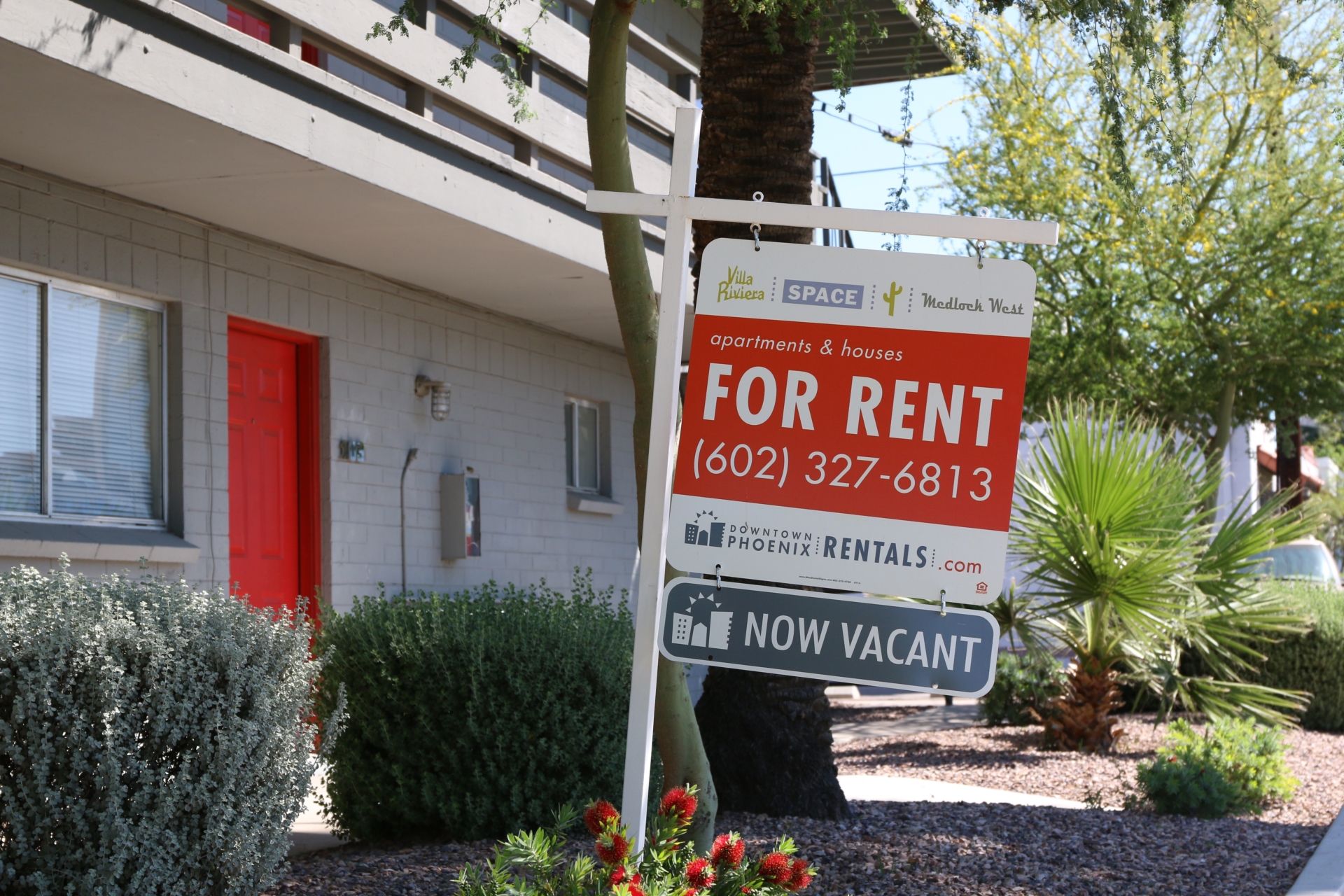If you’re a landlord, you’re probably dealing with some new situations regarding unpaid rent and evictions. Like many states, Arizona placed a moratorium on evictions several months ago. Recently, the governor extended Arizona’s moratorium on evictions through October 31, 2020. With more than two months to go, the consequences are already catching up.
Although the Arizona Multihousing Association has declared the moratorium unconstitutional, that won’t absolve you from legal consequences for violating the moratorium. A Superior Court judge has already ruled that the governor didn’t abuse his authority by extending the moratorium.
If your tenants aren’t paying rent and you’re unable to pursue eviction, you’re not alone. Millions of landlords all across the United States are in the same predicament. Your mortgage won’t pay itself – you need all the rent you can get.
If you’re not sure what to do, here are some tips for navigating these challenging times.
1. Stay connected with your property manager
If you have a property manager, stay connected with them to find out the status of your units. Under normal circumstances, you wouldn’t need to be concerned about multiple tenants not paying rent, but during the current crisis, that’s a priority concern.
Professional property management companies like Houston’s Green Residential are doing everything they can to keep their clients updated. However, laws and rulings are changing almost daily so you should reach out to your manager if you haven’t already been contacted.
When you speak with your property manager, find out how your tenants are doing so you can brace for the financial impact. Stay current with what your property manager is doing and ask for an update on current laws. If you don’t have a property manager, you may want to consider hiring a professional company to handle things during this difficult time.
2. Offer to allow subletting
Your tenants might know a friend or family member who has the ability to pay rent, but can’t afford a place of their own. They might know someone who was renting a room in an area where there is no moratorium and everyone got evicted. What this means for you is the possibility of collecting rent.
According to Renthop, sublet listings are continually breaking records all over the U.S. Your tenants may already be subletting without your knowledge.
Talk to your struggling tenants to find out if they would like to have a friend or family member move in with them to help pay the rent. Let them know you’re willing to amend the lease to allow subletting even if it was previously prohibited. Be willing to allow pets, too.
It’s a good idea to run a background check on everyone you allow to live in the unit, and put them on the lease at least as an occupant. If allowing a tenant to sublet the space means getting $500/month rent, take it. You can’t afford to hold out for full rent.
3. Accept any rent tenants can pay
If your tenants can pay $100 per month, take it. It might sound like it’s not worth accepting such a small amount of money, but if you’re not getting any rent at all, every little bit will help.
You might have tenants who can’t afford to pay the entire amount of rent, but they can pay a smaller portion. You won’t know unless you ask, so let your tenants know you’re willing to accept a greatly reduced amount of rent from them.
4. Talk to a lawyer
The laws are changing and being bent to accommodate the economic effects of COVID-19, but it still pays to talk to a lawyer. A lawyer can give you a heads up about pending legislation you may not be aware of and they can help guide you through difficult situations. For instance, you might have a tenant you need to evict for creating a nuisance or destroying the property. These are valid reasons to evict a tenant during this time, but it won’t be easy.
A lawyer will help you pursue valid evictions and advise you on how to make it as easy as possible. You can also pick up some tips from a lawyer on how to talk to your tenants to get the most agreement from them considering they might feel a bit combative being approached by their landlord.
Stay calm and civil
No matter what situation you encounter, staying calm and civil is important. Do what you can to make your tenants feel comfortable talking to you about their situation. Be flexible when you can, and remember that everyone is in the same situation – it’s not just you.




